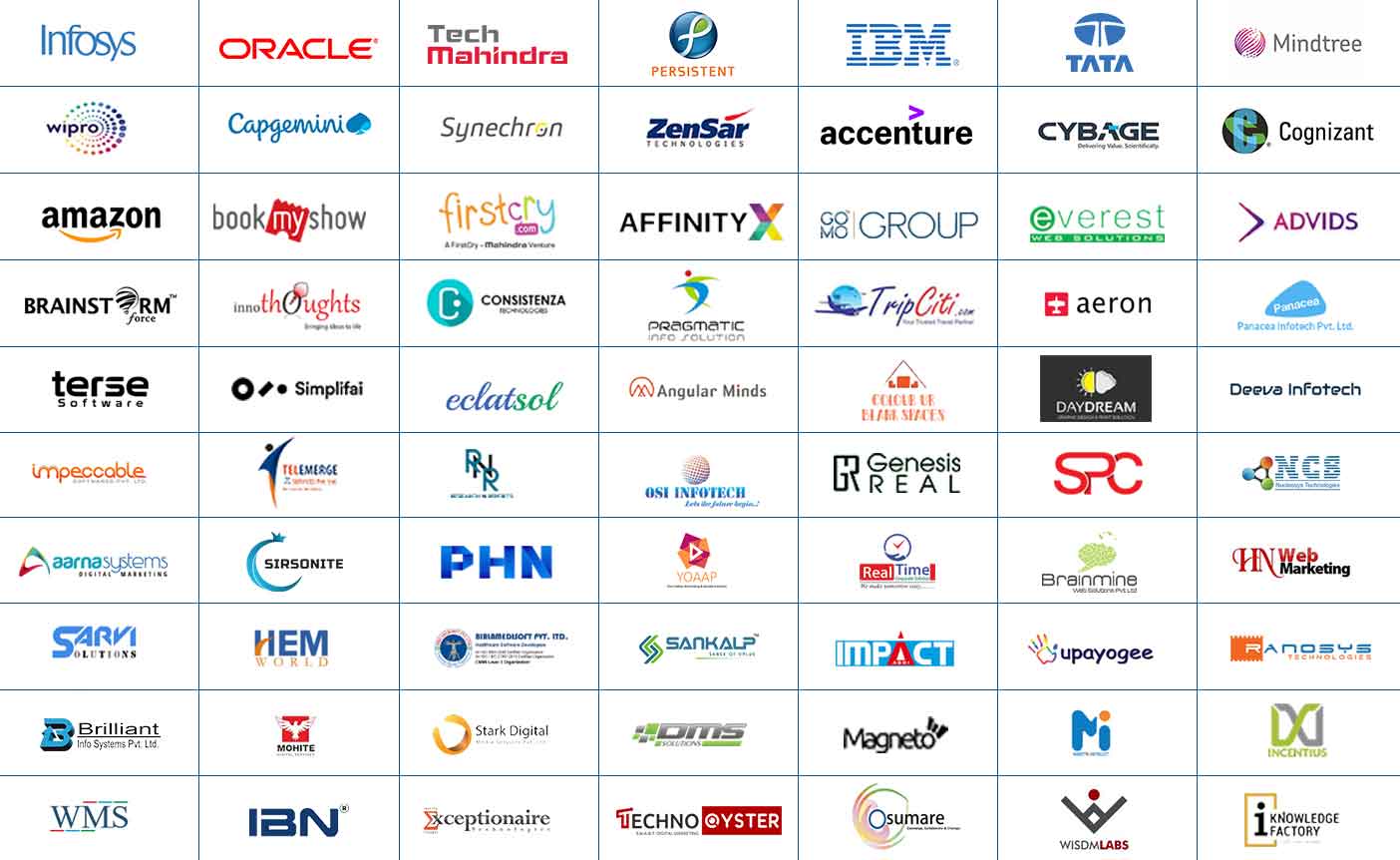- Walk your own path. Are you ready for change? Call : +91-7838474312
- info@digitalinventive.in
Black Hat SEO is most commonly defined as a disapproved practice that nevertheless could increase a page's ranking in a search engine result page (SERP). These practices are against the search engine's terms of service and can result in the site being banned from the search engine and affiliate sites. A list of tactics and strategies employed by black hat SEO practitioners have been openly denounced on Google's Webmaster Guidelines and Bing's Webmaster Guidelines.
"Is the work that I'm doing adding value to the user or am I just doing this for search engines to see?" is a litmus test on whether an SEO tactic would go against a search engine's webmaster guideline. If no value is added to the user, but rankings are likely to increase, then your decisions are highly likely to be black hat. The same test can be applied to to paid search practices to determine whether an activity is considered black hat ppc.
Though there may be some short-term success through increased traffic to your site, Google penalties are getting more and more sophisticated and can have devastating effects on your rankings and traffic. With hundreds of millions of users searching on Google per day, can you really afford to be de-indexed?
The modules were curated according to the skill demand in the market and the industry requirements. Each module is handled by a professional with experience and knowledge in the field. Together they cover both basic and advanced aspects of Digital Marketing, giving the students a 360-degree knowledge on the same.
